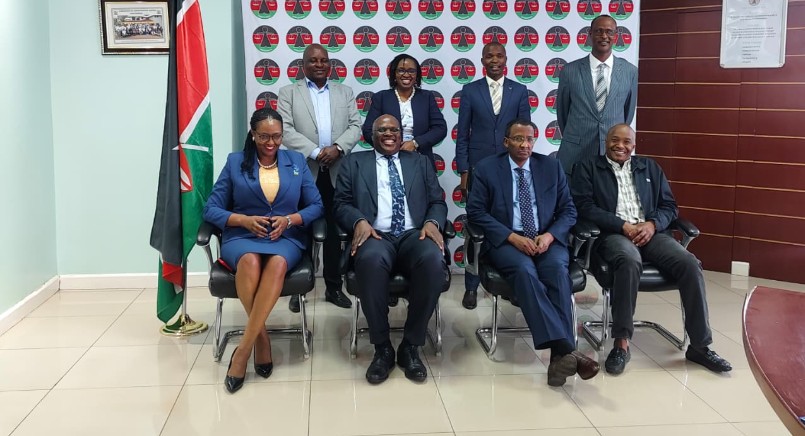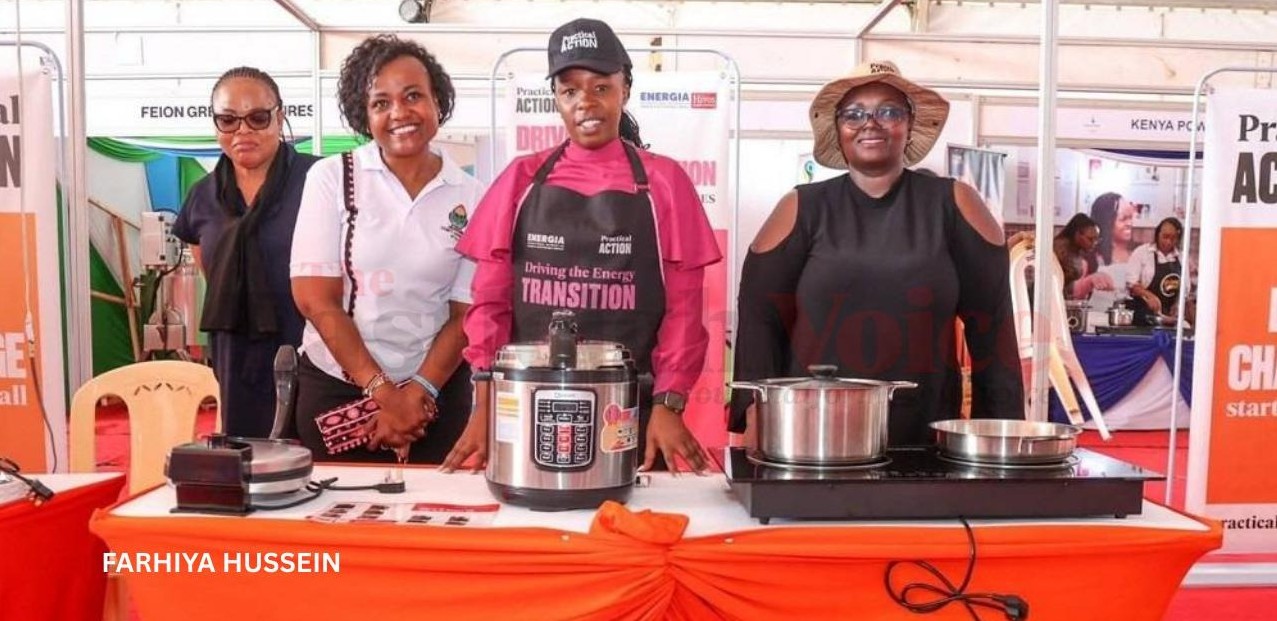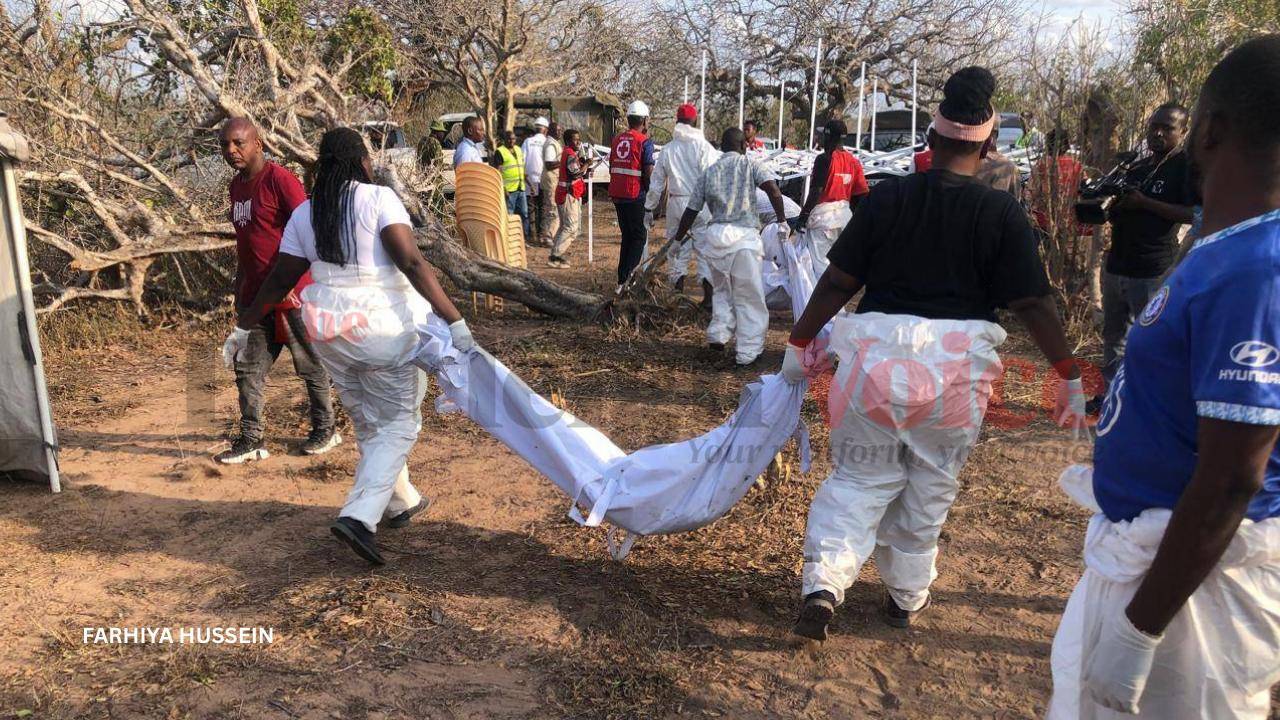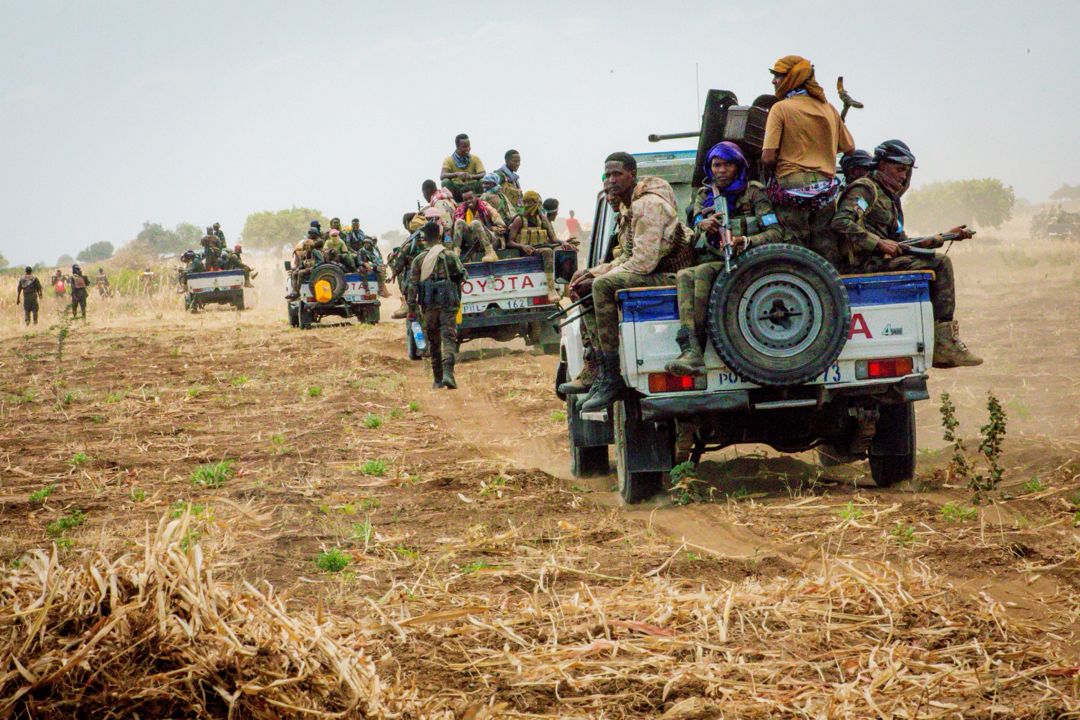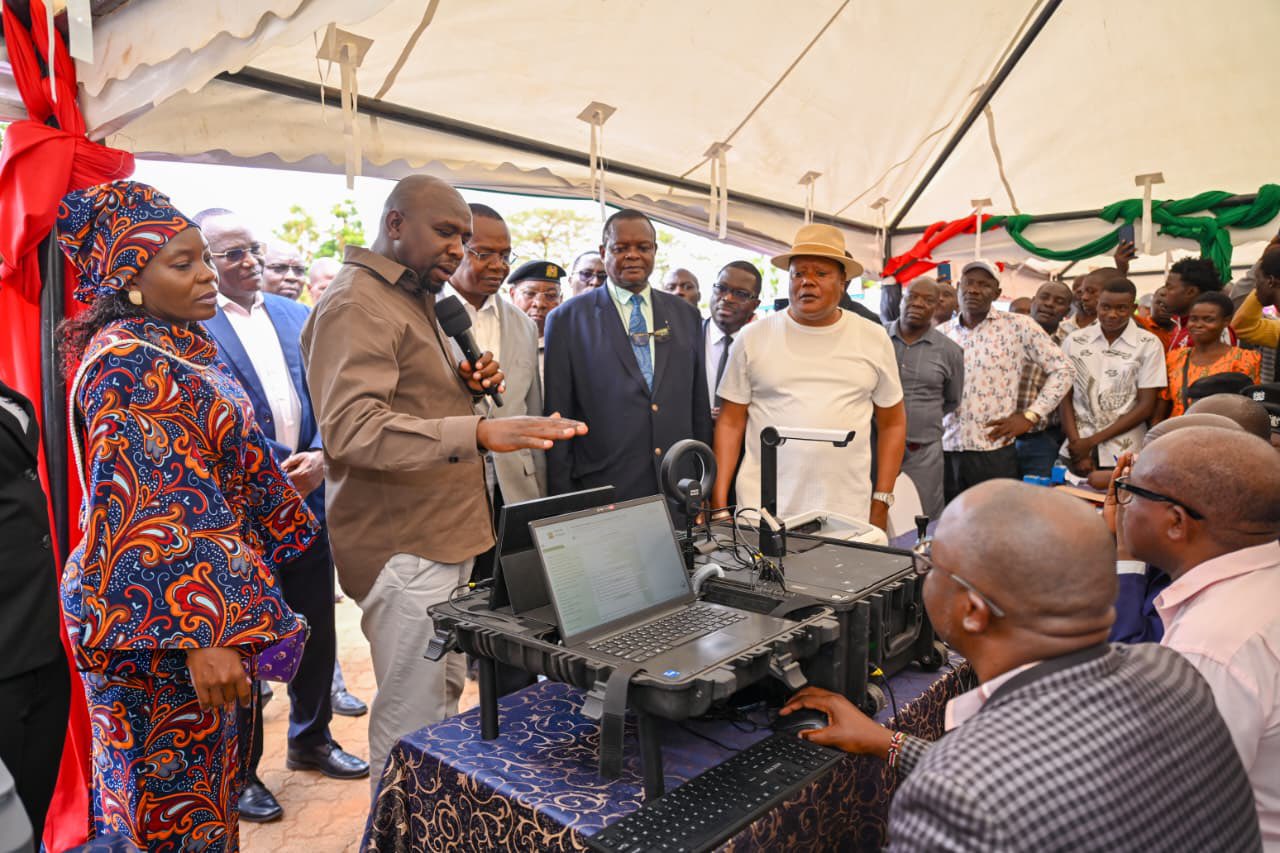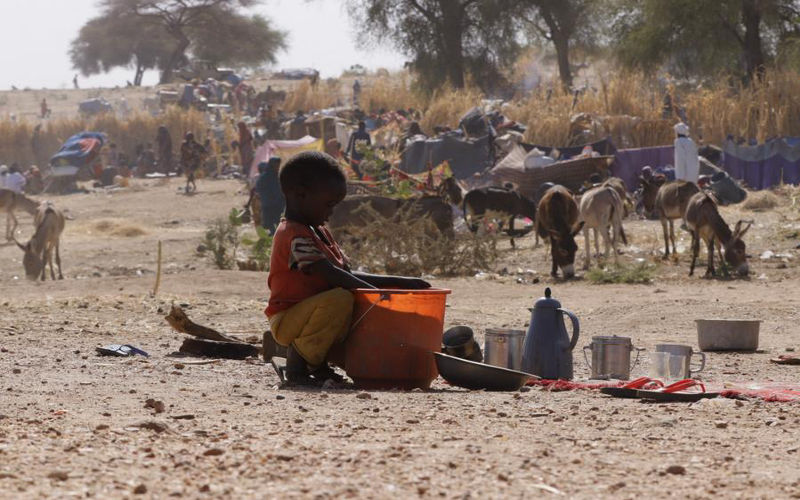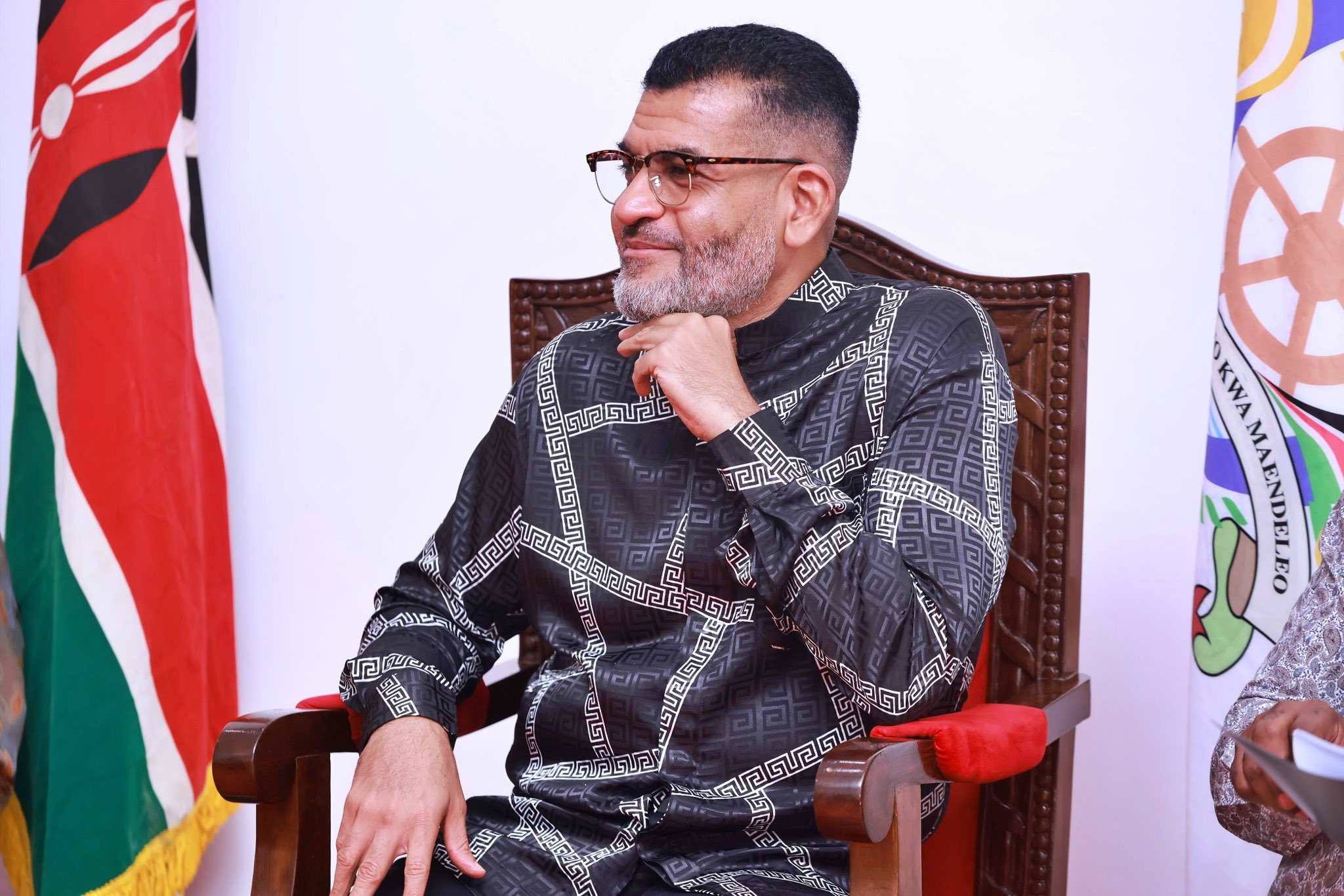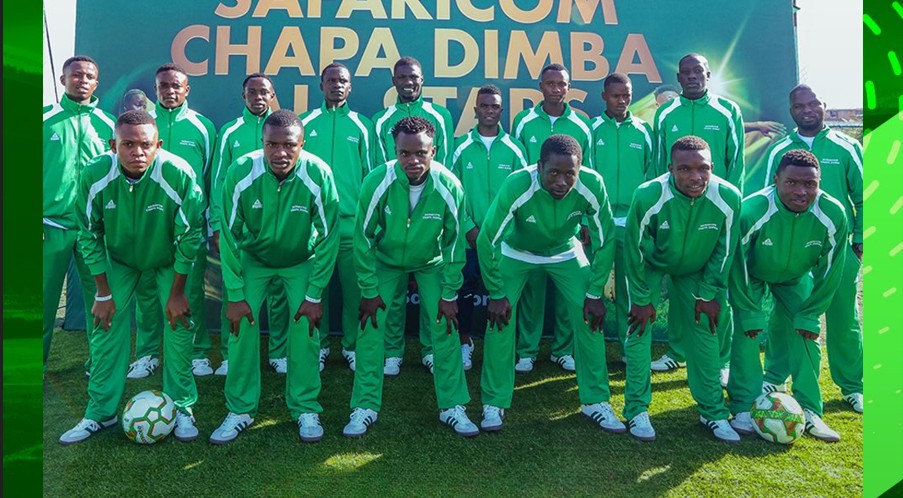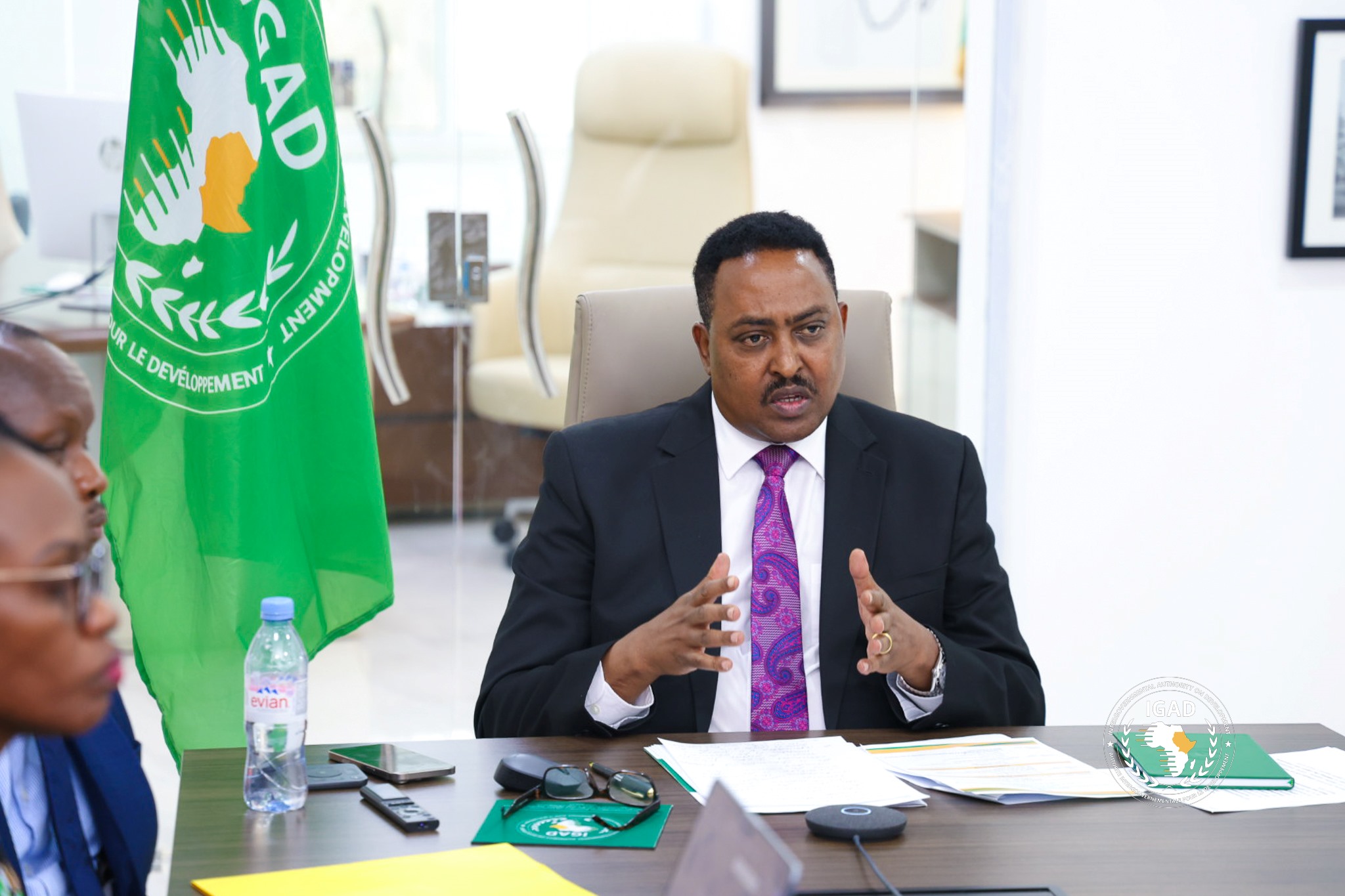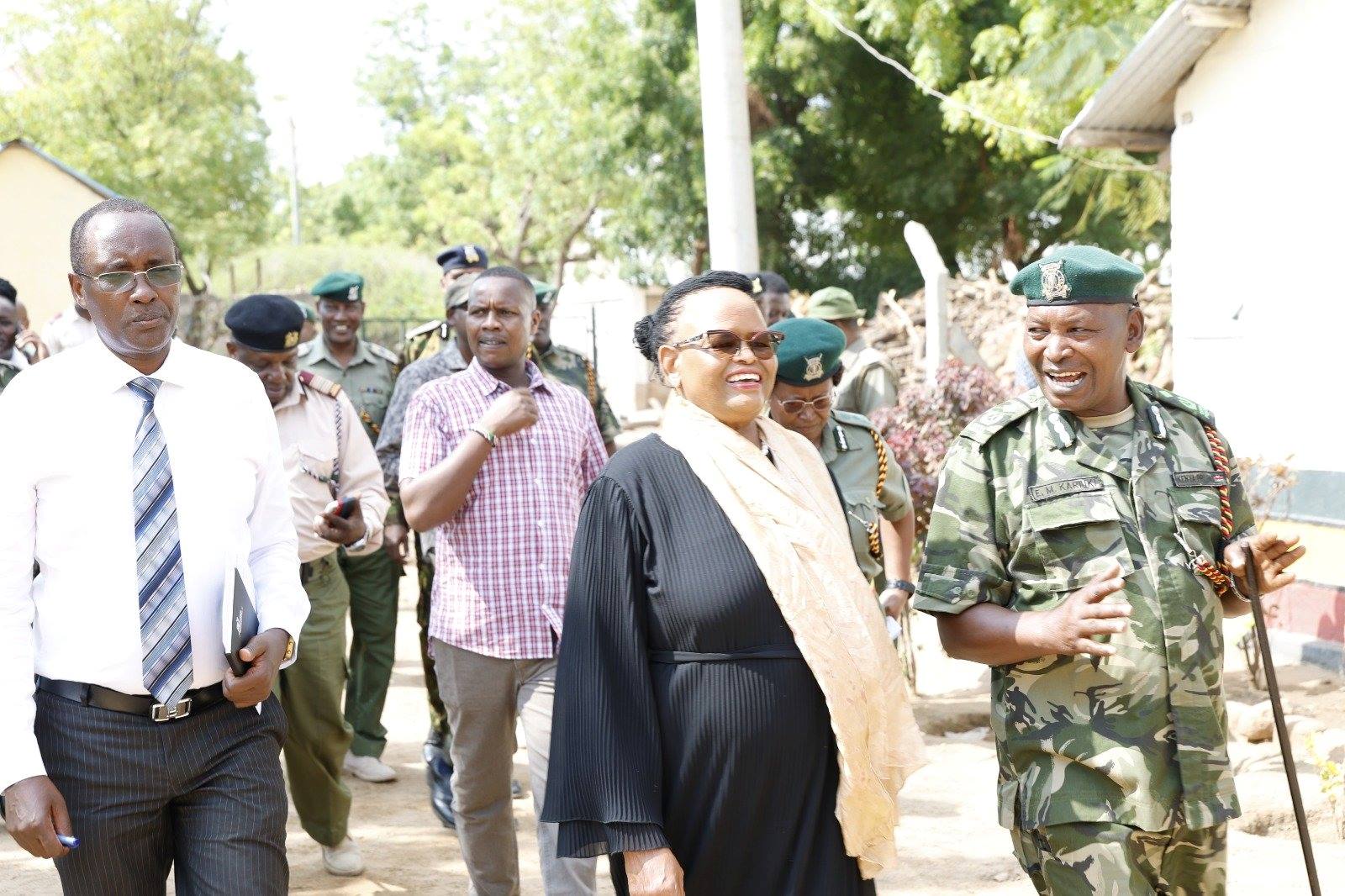DRC refugees find new life, solace in handicraft work in Kamukunji's Kitui Village
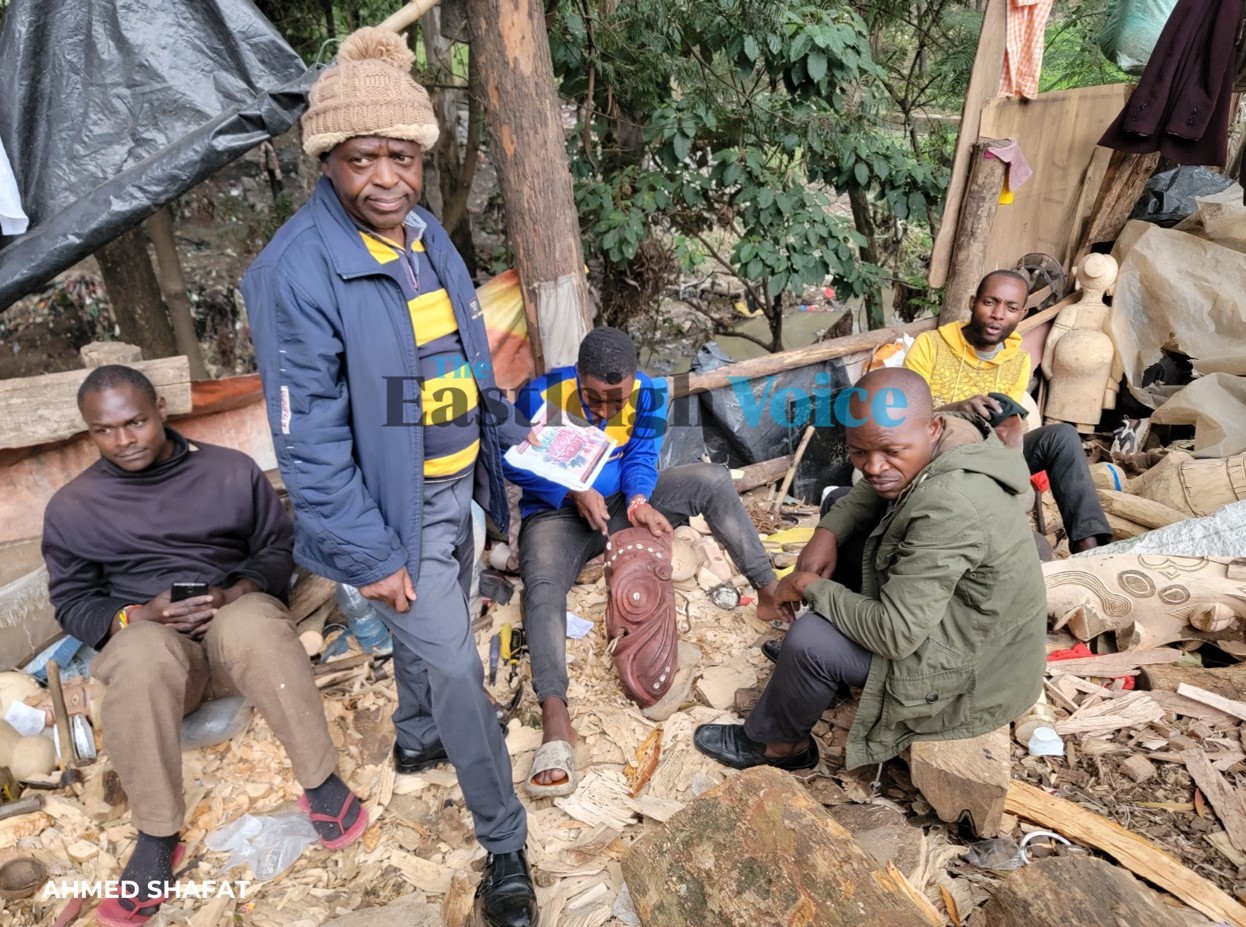
They found refuge in the warmth of the Kamukunji constituency, where they now contribute their skills to Nairobi's handicraft cooperative society.
The desire to belong and be accepted in a new country is the heartfelt dream of many refugees fleeing their homes due to conflicts and climate change.
This was the reality for more than 30 refugees who escaped decades of turmoil in the Democratic Republic of Congo, seeking solace and a fresh start in Nairobi. They found refuge in the warmth of the Kamukunji constituency, where they now contribute their skills to Nairobi's Handicraft Cooperative Society in Kitui Village.
More To Read
- UNHCR data shows steady rise in refugee numbers in Kenya
- Kenya commits to Shirika Plan on World Refugee Day amid mounting refugee hunger crisis
- New refugee management curriculum to boost local capacity in Turkana, Garissa counties
- Kenya’s refugee integration plan criticised over poor public involvement
- Refugees in Kenya to access SIM cards, mobile money under new regulations
- Somalis, South Sudanese lead in refugee population in Kenya as numbers surge to over 800,000
Sisi Silenge recalls the day he arrived in Kenya as a young teen, uncertain about what the future held for him.
"I arrived in Kenya on January 12, 2000, and since then, I have never returned to DRC. I lost touch with my family members, and I don't know if they are alive or dead. When conflict erupted, everyone fled for their lives," said Silenge.
He mentioned that he had never left Kenya to go back to DRC or any other country. Despite missing his family dearly, the prospect of ever seeing them again is very slim because they are no longer in contact.
"We were warmly received when we arrived in Kenya, and this handicraft work has enabled us to earn a living and sustain ourselves here," he continued.
"The easiest way to find people is to have their contacts, but I arrived in Kenya as a young boy fleeing for my life, and it's difficult to know how to trace or contact my family."
Now 42 years old, Silenge has found refuge in Nairobi's handicraft industry, where he learned skills over a decade ago and has never looked back.
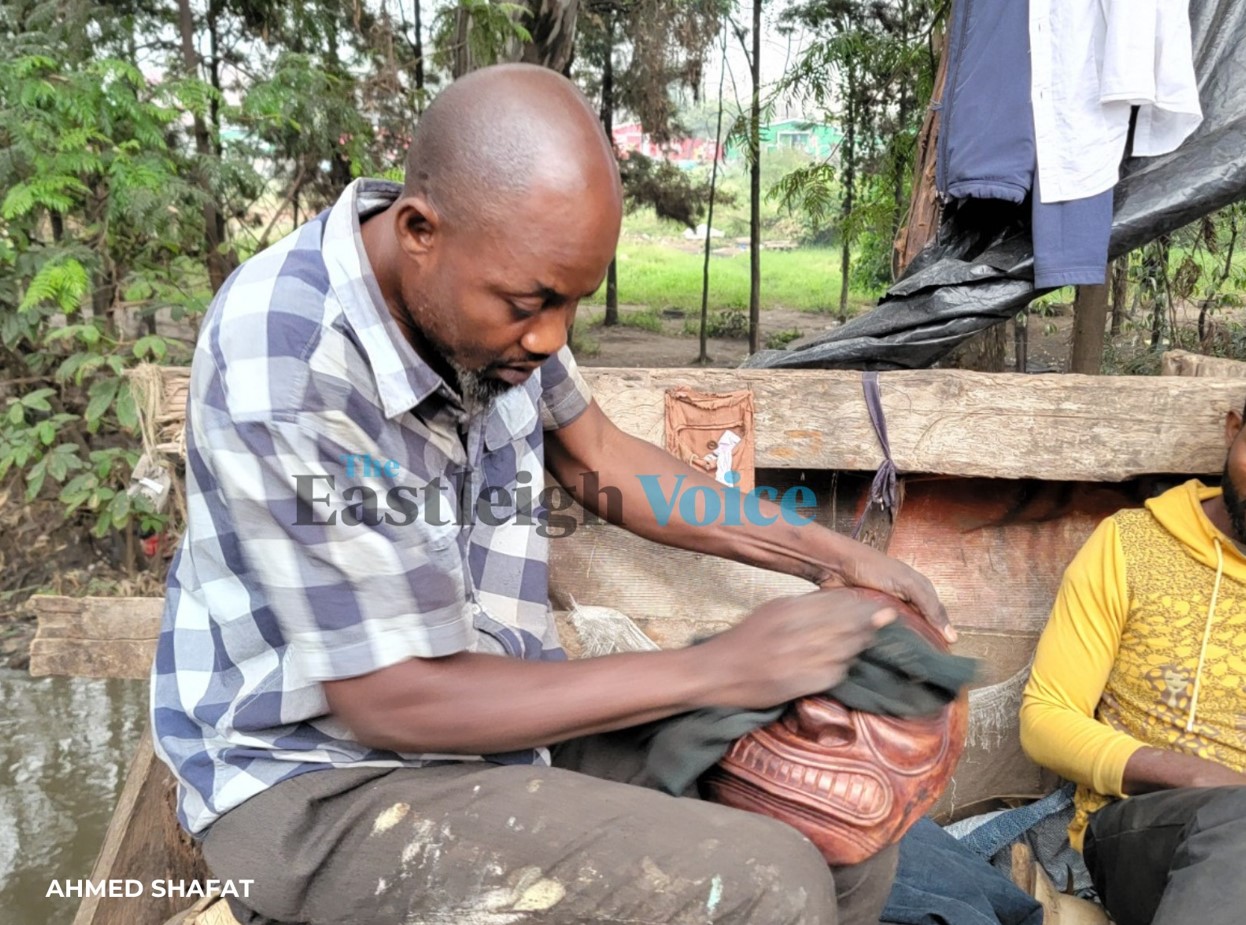 Sisi Silenge at the Nairobi Handicraft Cooperative Society. (Photo: Ahmed Shafat)
Sisi Silenge at the Nairobi Handicraft Cooperative Society. (Photo: Ahmed Shafat)
"My appeal to refugees is to use the talents they have to earn a living. Life does not stop just because you are a refugee, so keep going," he urged.
Registration challenges
Silenge mentioned that among the challenges they face are hurdles in obtaining registration to own things like shops, which limits the marketing of their products.
"We are forced to market our items through others because we encounter challenges such as people asking us to return to our homes, claiming that we are taking away their opportunities," said Silenge.
He mentioned that the recent demolitions have further thrown them off balance since they cannot reconstruct and are forced to stay outside.
Michael Masiri, originally from Goma in the DRC, was born near Lake Kivu and has spent the past seven years in Kenya, escaping the persistent conflict in his homeland.
"There is immense wealth in our country that has fueled the ongoing conflict; many people fight over minerals and even foreigners," Masiri said.
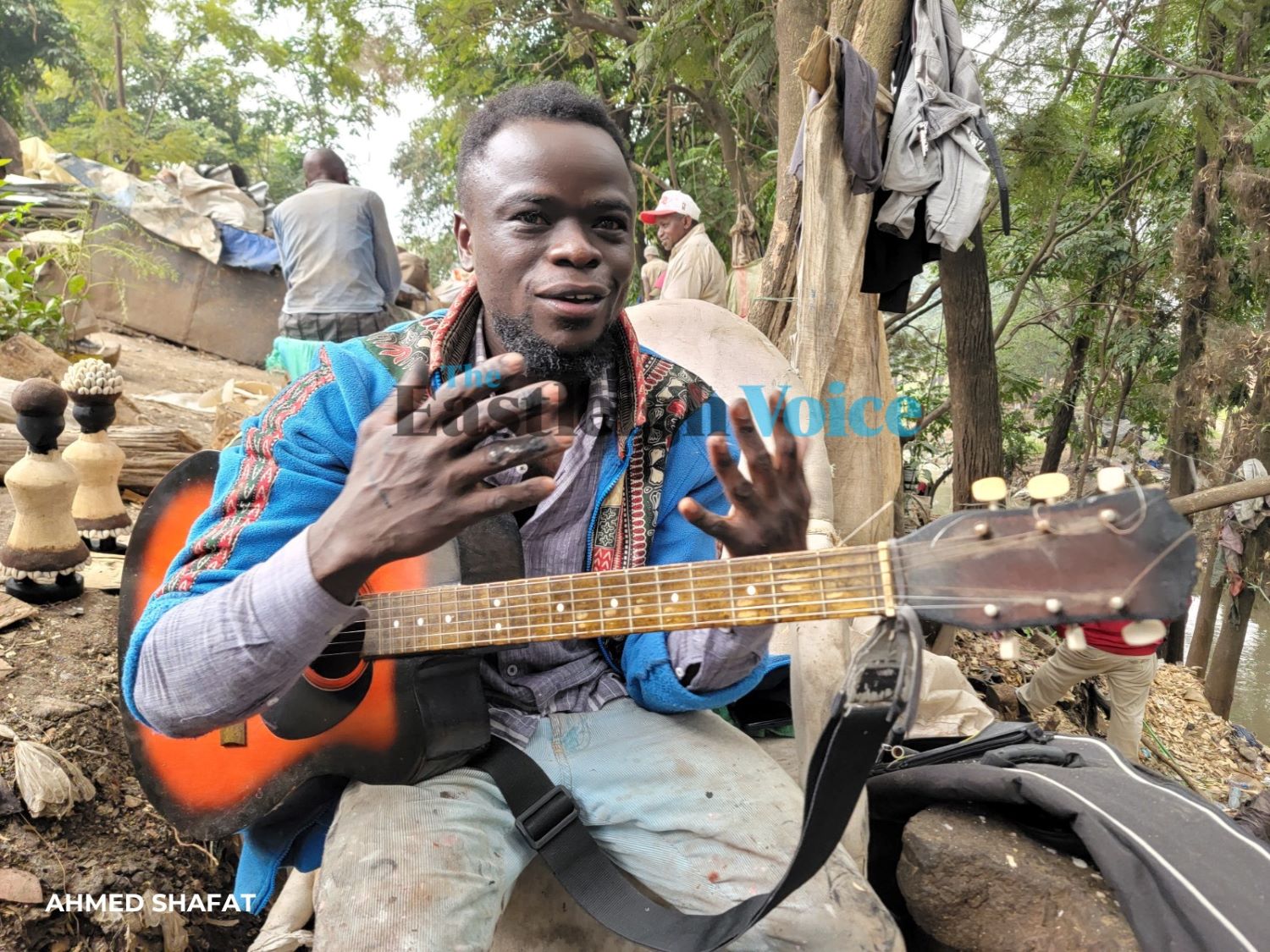 Michael Masiri, an artisan at the Nairobi Handicraft Cooperative Society entertains his workmates with his DRC-inspired music. (Photo: Ahmed Shafat)
Michael Masiri, an artisan at the Nairobi Handicraft Cooperative Society entertains his workmates with his DRC-inspired music. (Photo: Ahmed Shafat)
He recounted how his father, who worked in the government during the conflict, tragically lost his life. Since fleeing, Masiri has never returned to his country, saying he deeply misses home, especially the fresh fish from Lake Kivu and the memories of his relatives from whom he was separated during the exodus.
As an artist since his school days, Masiri has decorated handicraft items for creative expression.
"We face numerous challenges, such as difficulties in marketing due to lack of identification. Many people reject our UNHCR cards and deny us space because we lack a Kenyan ID, which is very challenging," he noted.
He mentioned that they often have to sell their products through intermediaries and lack direct ownership rights.
In addition to his art, Masiri finds solace and connection to his Congolese roots through music. He enjoys playing music and singing for his colleagues and even performs in bands as a way to relax and reminisce about the fond memories of Congo.
Mweshewa Kalunga has been living in Kenya for over two decades and deeply appreciates the opportunity they received in the handicraft industry.
"We were warmly welcomed by our brothers when we arrived in Kenya, who provided us with a place to work and earn a living," Mweshewa recounted.
Demolitions
Having also fled conflict in their homeland, Mweshewa mentioned that Nairobi's handicraft sector now represents about 56 families. He expressed concern over the recent demolitions that have disrupted their lives significantly.
"We are currently in distress because our means of livelihood have been disrupted, and returning to our country would mean risking our lives," he explained.
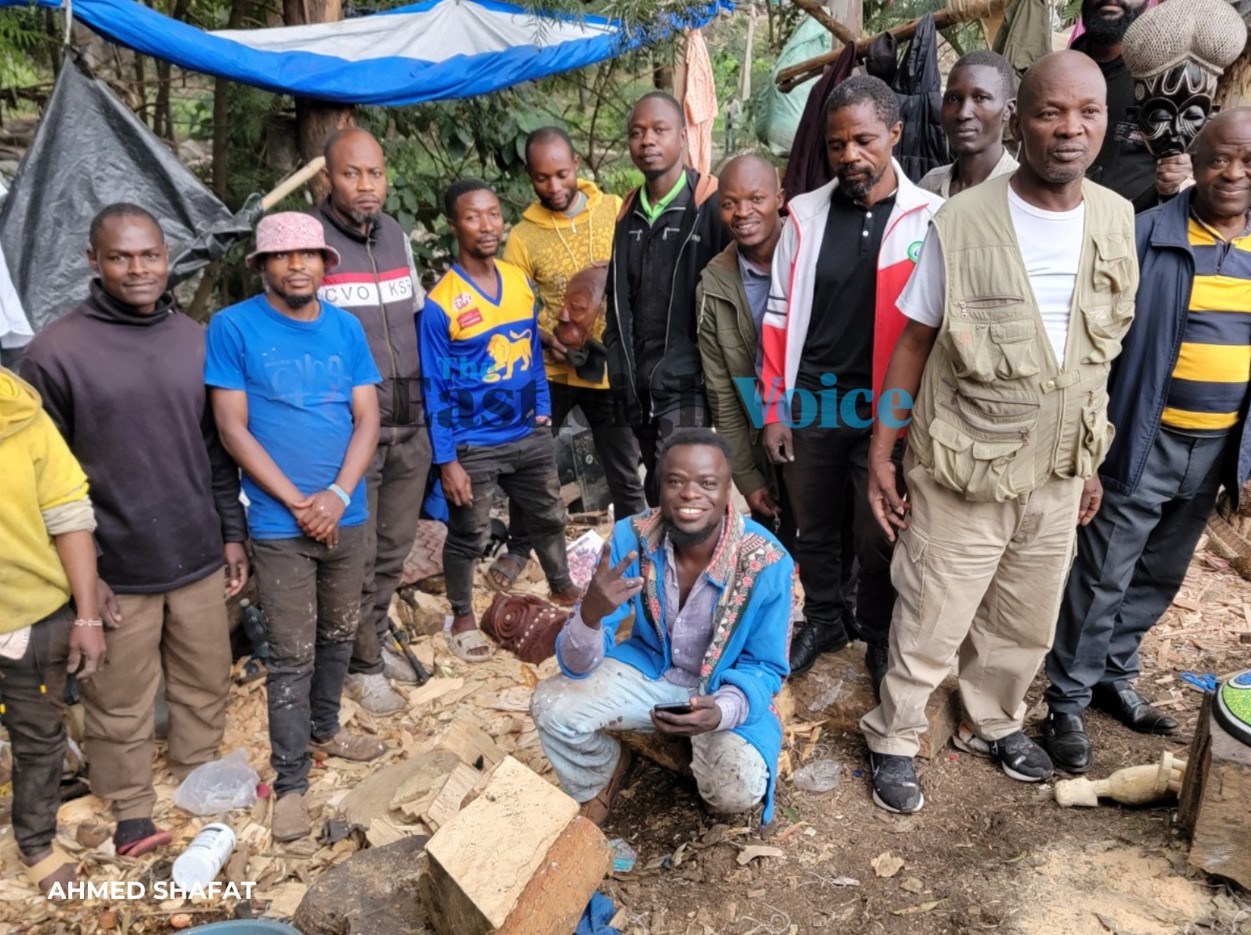 A group photo of the DRC refugee artisans at the Nairobi Handicraft Cooperative Society. (Photo: Ahmed Shafat)
A group photo of the DRC refugee artisans at the Nairobi Handicraft Cooperative Society. (Photo: Ahmed Shafat)
Fortunately, Mweshewa came to Kenya with family members who have all found refuge in the country.
According to the United Nations Since 1996, approximately six million people have lost their lives in the Democratic Republic of Congo (DRC), with over six million others internally displaced in the eastern regions. The Congolese government and various foreign entities have armed and counter-armed rebel militias, resulting in the proliferation of 120 to 140 rebel groups primarily in the resource-rich east and northeast.
Despite numerous extensive efforts, peace has remained elusive in the DRC. Over the past three decades, the region has faced deadly clashes among armed factions, widespread violence, frequent floods, severe epidemics, acute food shortages, and inadequate infrastructure. These challenges have led to unprecedented humanitarian needs and forced millions to flee their homes.
In 2023, the situation deteriorated further as conflict escalated in North Kivu, South Kivu, and Ituri provinces, marked by severe human rights violations and a disturbing increase in gender-based violence. Even traditionally stable areas of the country experienced heightened instability.
The crisis prompted 700,000 people to be newly displaced within the DRC in 2023, pushing the total number of internally displaced persons (IDPs) to 6.2 million. Throughout the year, many families also sought refuge outside the DRC, joining over one million refugees and asylum-seekers dispersed across 22 African countries.
Approximately 54,000 people fled to Burundi, Rwanda, Uganda, and Tanzania, where these nations collectively hosted 760,000 Congolese refugees by year's end. Additionally, the widespread violence in the DRC affected 526,500 refugees and asylum-seekers from Burundi, the Central African Republic, Rwanda, and South Sudan who sought safety within the DRC.
As of May 2024, over 120 million people worldwide were forcibly displaced due to persecution, conflict, violence, or human rights violations, according to UNHCR. This staggering number includes 43.4 million refugees (about twice the population of New York) and 63.3 million internally displaced people.
Top Stories Today


